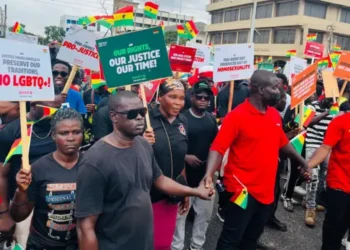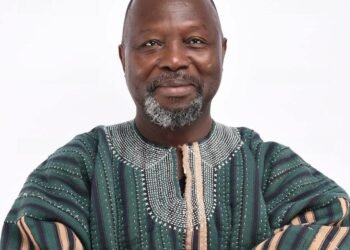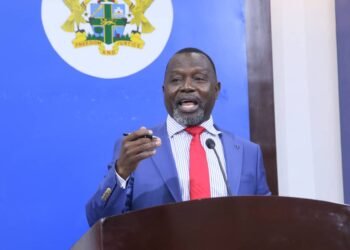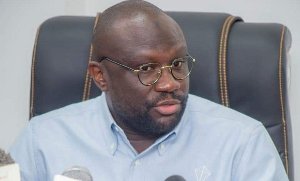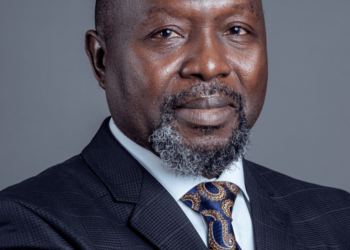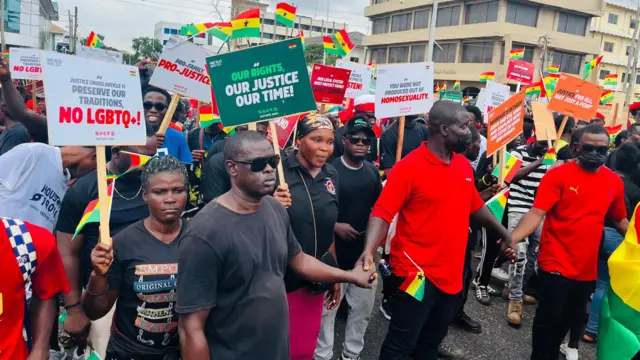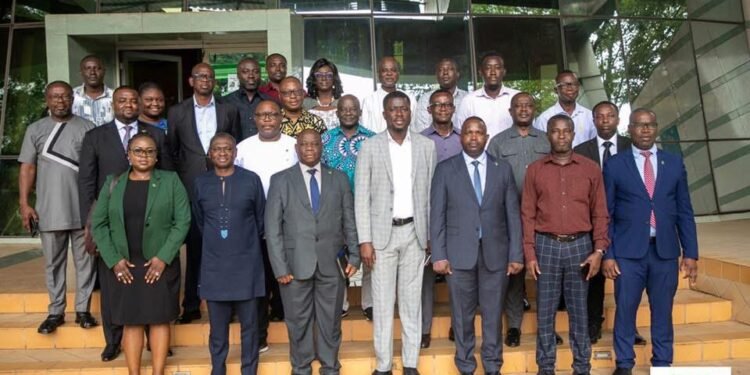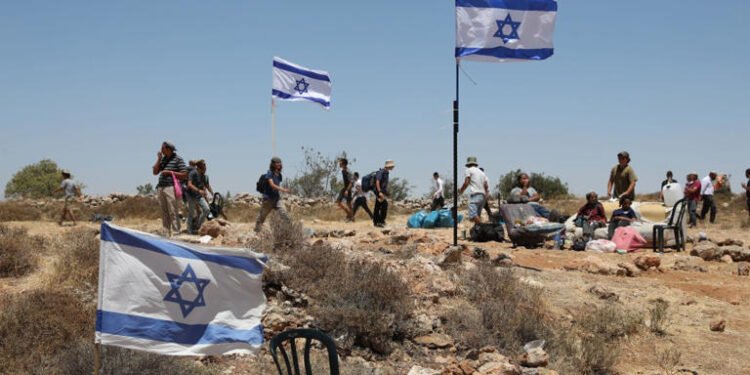Dr Abena Osei-Akoto, Director of Survey Organisation and Censuses, has disclosed that she is hopeful enumeration in the ongoing population and housing census will be completed on July 11.
According to her, the relevance of the census to nation building is to help plan for lacks within a certain community. Also, Dr Osei-Akoto noted that getting the demographic characteristic of a locality can help them plan amenities and necessities.
“The numbers help us to plan. We also get what we call the characteristics of these numbers. In getting the characteristics of these numbers, it helps you to assess where you need to help. Basically, it affects us as individuals… and it behoves on the country to also plan. It’s a unit thing, it starts from your locality, then it builds up to the district, from the districts it comes to the region and it affects the country as a whole”.
Dr Osei-Akoto further explained that aside household enumeration which commenced on Monday, June 28,2021, institutions will also be enumerated.
“It is running for two weeks. We need to work between the two [weeks] because we have our reference night, that’s the census night and in order for people not to forget, it goes beyond two weeks. So, basically, we try to work within the two weeks and officially, we are looking at enumerating everybody by the 11th of July”.
De jure and de facto census taking
Commenting on the precision of data collected from various households, Dr Osei-Akoto explained that the various methods ensure some level of thoroughness executed.
“Census taking, we have two methods, the de jure and then the de facto. The de jure refers to the usual members in the household and our census is the de facto. As at census night, who was in Ghana? So, it’s more like taking a snapshot at that point in time. If you were alive on the 27th night and early dawn of 28th you pass [away], you were in that picture, so we will count you. If 27th night you were not there [and] 28th you were born, you were not in that picture.
“We also want to ensure that whoever was there on census night is enumerated, so, we get to know those who fell in that picture”.
Administrative data in population census
Additionally, Dr Osei-Akoto revealed that the GSS does not wholly rely on the birth and death registry to get its numbers.
She maintained that, aside the various surveys they undertake, the registry only gives them a “a sense of the numbers that we lose or we gain”.
“Census taking is the total count of the country at a certain point in time. In population dynamics, we have what we call the growth rate. In calculating the growth rate, these dynamics as to those who die, those who are born, those who migrate… all these things are put in play in coming up with population growth rate and projecting population.
“Administrative data is good but we are not yet there to [dwell more] on the administrative data. So, we use administrative data in our projections and coming up with our surveys as well [and] to validate our figures. But for now, the census gives us the total count of the population at a point in time”.
Read Also: Fiscal indiscipline, limited transparency remain threats to Ghana’s PRMA




